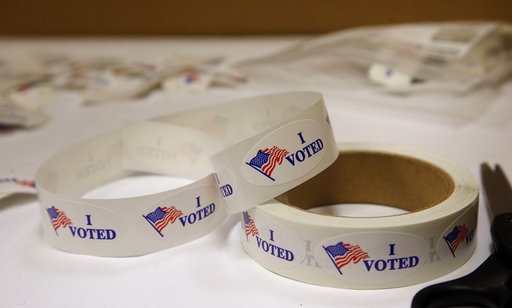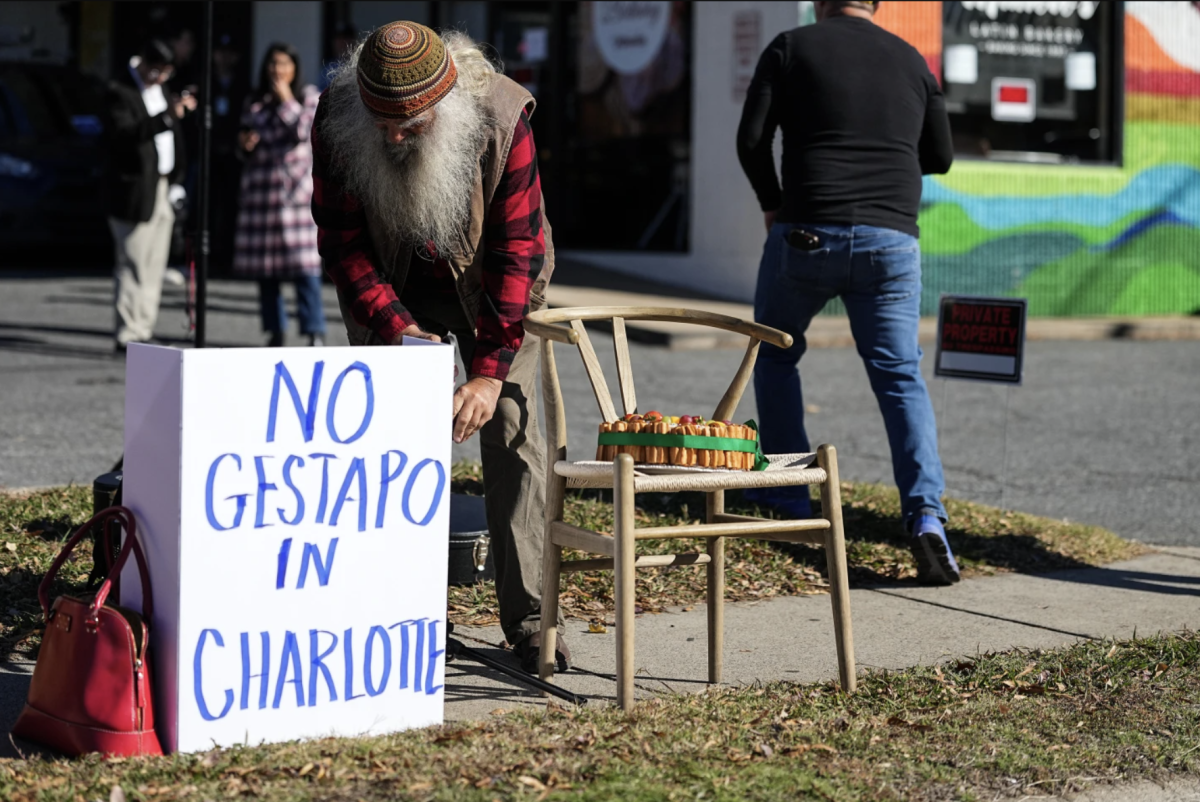Texas is one of the 14 states holding its presidential primary on March 3rd, commonly referred to as Super Tuesday.
The results of the primary election will help determine the division of delegates to each of the presidential candidates.
Texas has 261 delegates to divvy up, and the state will have a large impact in determining which candidate will receive the Democratic nomination.
To receive any delegates in Texas, a candidate must get at least 15% of the vote; delegates are then divided proportionally among the candidates who meet that threshold.
Texas has an open primary, meaning that all voters, regardless of the political party with which they are registered, can participate.
Cal Jillson, a professor of political science at Southern Methodist University, said he expects a lot of interest and high turnout in the Texas Democratic primary.
“In 2020, I expect us to be at least where we were in 2016, but maybe not all the way up to where we were in the 2008 primary,” Jillson said. “(2008) had a record turnout for a primary election in Texas.”
Current polls have Sen. Bernie Sanders narrowly leading former Vice President Joe Biden, at 23.5% and 21%, respectively.
“I think you have to think of it as Sanders being ahead in Texas and rising a little bit, and Biden is second in Texas and maybe falling a little bit,” Jillson said. “So it’s a little hard to tell what the results will be in the primary.”
He added that Biden could take back his lead in Texas by performing well in other states that will vote before Super Tuesday.
He is expected to do well in South Carolina, but a victory there still might not be enough of a boost to help him win in Texas because early voting has already started.
“About half of Texans will have voted before they hear what happens in South Carolina,” Jillson said. “So even if it is a Biden win, it’s not gonna do him as much good on Super Tuesday as it might have in other years.”
With Sanders leading in the polls in most Super Tuesday states, he could be the nominee if he continues to succeed in the primaries.
Jillson said Sanders is winning because he took over the progressive vote as Sen. Elizabeth Warren lost her lead, and the group of moderate candidates has divided the moderate voters.
“I think the reason that Sanders seems to be doing so well right now is that no single moderate has yet emerged and they continue to split the vote,” he said.
Jillson said there is also a chance Sanders will have a plurality, rather than a majority, at the convention, causing a contested convention.
In the case of a contested convention, Sanders could face opposition from the other candidates who wish to stop him from getting the nomination if he doesn’t have a majority.
“In the bargaining over who should be the nominee, the question is whether or not he comes out on top because he has more delegates,” Jillson said. “Or the moderates gang up on him to deny him the nomination.”
Jillson said a contested convention could be harmful to Democrats in the general election because Sanders’ supporters “would be up in arms.”
Heading into the primary election, Jillson said everyone, especially young people, should start thinking about voting.
“Voting is important, and more young people should do it,” he said. “Voting is a habit, and if you get in the habit of voting early, you’ll probably be a regular voter all your life.”




